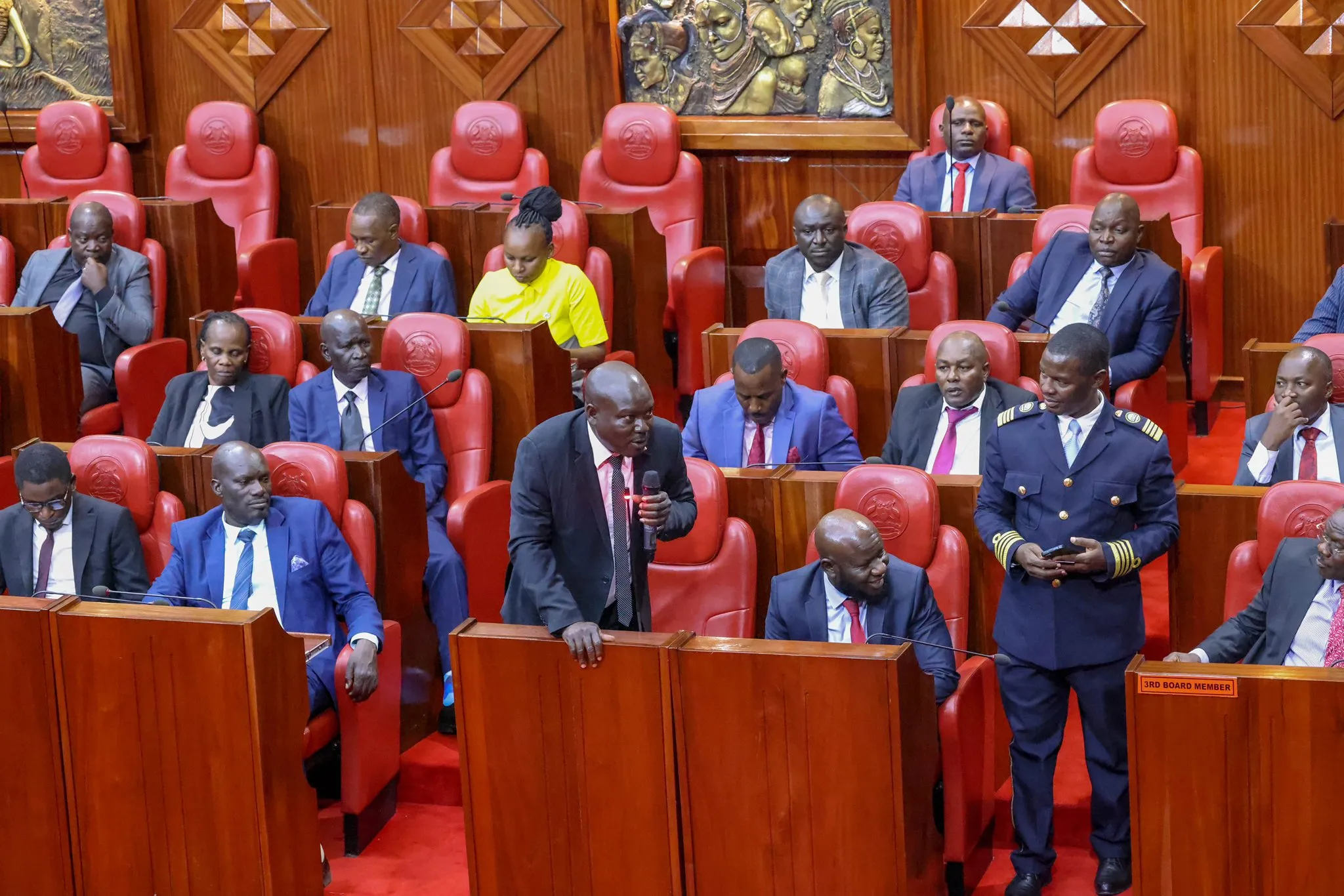Senate pushes for law allowing recall of Nominated MCAs

In its report, the committee also recommends an alternative path that would involve amending Section 9 of the Political Parties Act and its Second Schedule to allow political parties to manage the recall of nominated MCAs.
Nominated Members of County Assemblies (MCAs) who fail to perform their roles could soon be subject to recall by the public if recommendations by a Senate committee are adopted. The Senate Justice and Legal Affairs Committee has proposed amendments to the County Government Act to introduce a clear legal framework for recalling nominated MCAs—mirroring existing provisions for elected ward representatives.
The committee, led by Wakili Hillary Sigei (Bomet), wants the law changed to define the specific grounds for recall, outline the process for initiating it, and designate institutions to supervise the procedure.
In its report, the committee also recommends an alternative path that would involve amending Section 9 of the Political Parties Act and its Second Schedule to allow political parties to manage the recall of nominated MCAs.
“We propose the enactment of the relevant legislation that provides for a participatory and transparent mechanism that allows members of the public, including Youth and Persons with Disabilities, to initiate recall proceedings against nominated MCAs where there is sufficient cause,” states part of the report.
The report, tabled in response to a petition by Nakuru resident Laban Omusundi, who also serves as Executive Director of the Grassroot Civilian Oversight Initiative, urges Parliament to correct what he described as a legal gap.
Omusundi told the Senate that while voters can recall elected MCAs, there is currently no structure to allow the public to recall nominated members, especially those representing youth and Persons with Disabilities.
The committee agreed, noting that the lack of recall provisions for nominated MCAs has created a loophole in accountability. “A failure of the nominated MCA to represent a particular interest may be recalled by the political party members,” the report notes.
The proposed changes would require the legislation to spell out the process through which the public can initiate such recalls, including public petitions, minimum support thresholds, timelines, and safeguards against abuse.
In supporting the changes, the committee pointed out that current laws already provide a process for recalling elected MCAs that is largely based on provisions in the Elections Act. These include submitting a formal petition to the Independent Electoral and Boundaries Commission (IEBC), gathering signatures from registered voters in the ward, and eventually holding a recall election if conditions are met.
However, the recall process must be backed by a High Court judgment confirming the stated grounds, to ensure compliance with legal and procedural fairness. The petitioner must also be a registered voter in the ward concerned, a requirement the committee noted has, in some cases, barred eligible voters from initiating the process, making it discriminatory.
The senators now want these procedures extended to nominated MCAs, and for county assemblies to be legally mandated to strengthen internal oversight over the conduct and performance of all MCAs.
“The Act therefore creates a disparity in measures of accountability between elected and nominated MCAs, without considering that both the elected and nominated MCAs hold decision-making and oversight roles in County Assemblies,” the report states.
The committee also calls for strict adherence to Article 10 of the Constitution—especially on transparency, accountability, and public participation—for all MCAs. They want these principles to be enforced with clear consequences in place for nominated MCAs who fail to uphold them.
During public participation, the Kenya Law Reform Commission (KLRC) backed the proposal and reminded the committee that the right of recall for members of Parliament is already enshrined in Article 104 of the Constitution. That article allows voters to recall MPs under Articles 97 and 98 and directs Parliament to develop the necessary legislation outlining both the grounds and procedures for such action.
KLRC added that any recall attempt must be initiated at least 24 months after the election and no later than 12 months before the next general election. The recall must also be supported by a High Court judgment confirming the grounds cited.
In conclusion, the committee believes that extending recall provisions to nominated MCAs would promote fairness, accountability, and inclusivity, especially for vulnerable groups such as youth and persons with disabilities, who often rely on nominated representatives to champion their issues.
